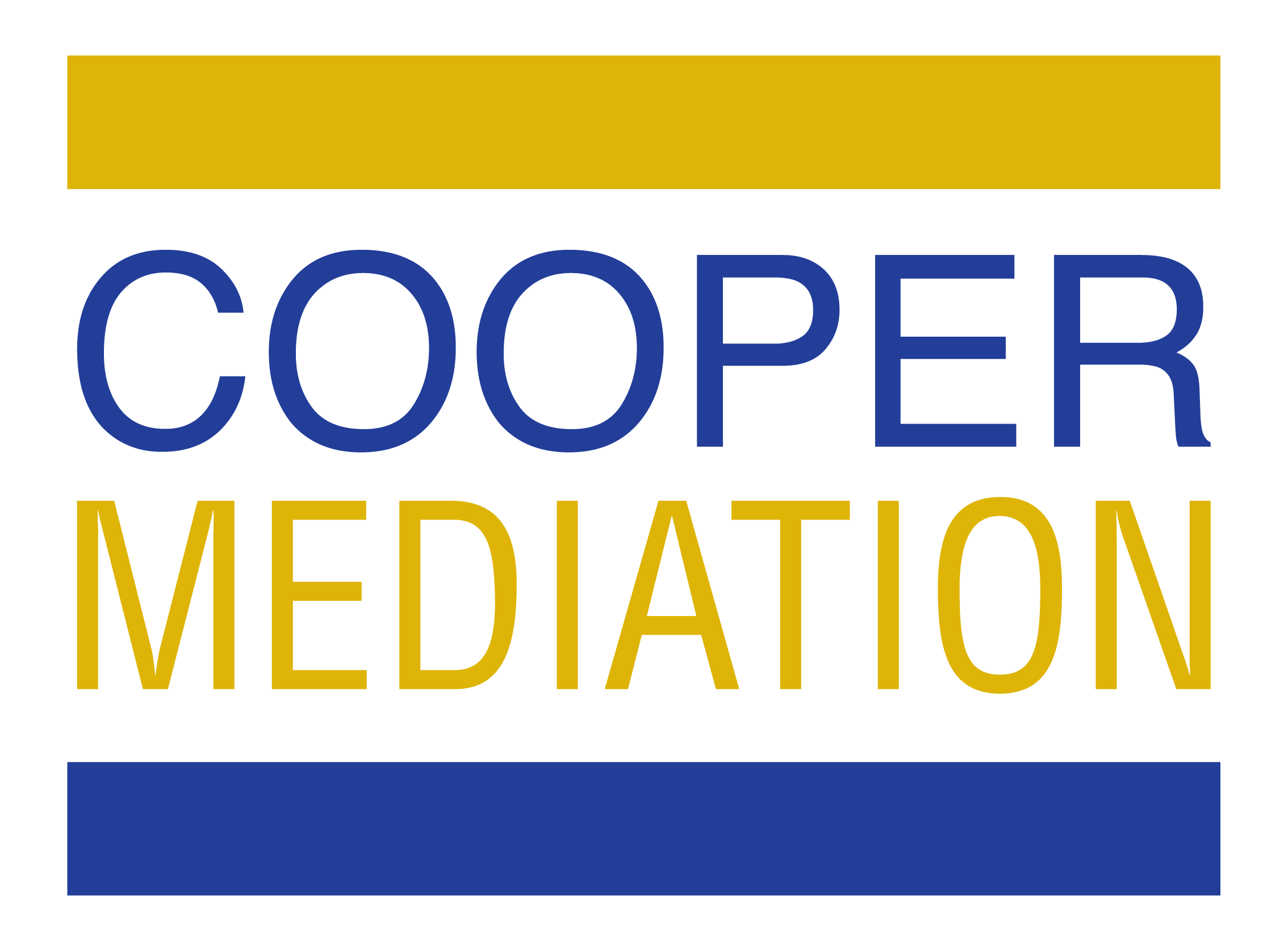
28 Jul Failed Mediations – Making Lemonade Out of Lemons
There is a common view that when mediation produces a settlement, it has been successful and, conversely, where mediation fails to produce a settlement, it has been a failure. Needless to say, mediators, us included, would prefer not to characterize a mediation which does not produce a settlement as a “failed mediation.” I believe there are benefits to be gained from any attempt at mediation.
1. Learn More About Your Case and That of Your Opponent
Mediation should provide you with an opportunity to assess those parts of your claim or defence which resonate with the other side and those which do not.
Mediation should provide you with an opportunity to assess the strength of your opponent’s claim or defence and your perception of your opponent’s capabilities as an advocate.
You should also be able to form an impression as to whether the matter is more or less likely to settle in the future and what information or evidence may be required to enhance the prospects for settlement in the future.
Mediation affords counsel and their clients a reconnaissance feature. Each side should leave the mediation with a list of things to do (undertakings to satisfy or pursue, evidence to procure, holes to be plugged, etc.)
Counsel should leave the mediation with a better understanding of the real and meaningful issues that remain in dispute which will drive the litigation going forward.
2. Preview a Witness
In personal injury matters, it is frequently said that the most important witness is the plaintiff. This is particularly true for “invisible “ personal injury claims which cannot necessarily be proven through obvious, objective means [chronic pain and mild brain injury claims come to mind]. If the plaintiff is likely to be a strong witness at trial, they should be encouraged to speak at the mediation.
Each side could consider bringing additional witnesses to the mediation.
3. Present The Theory of Your Claim or Defence in an Unfiltered Matter
At mediation, it is frequently said that this is the one opportunity for counsel to speak to the decision-maker on the other side of the case.
Counsel should deliver a mediation memorandum that is well-organized, thoughtful and impactful and deliver it sufficiently far in advance of the mediation so that it is likely to get into the hands of the opposing decision-maker.
The opening statement is the only thing that you can be sure is being received by the opposing decision-maker. As one of my colleagues has said:
Be sincere, whether you mean it or not.
Present your claim or defence in a new format or from a new perspective.
A technique employed by some counsel is to identify the points of agreement and the points of disagreement. If numbers or ranges can be attached to the points of disagreement and if those points can be quantified, every effort should be made to do so.
4. Narrow the Issues
Issues that were perceived to be contentious leading into the mediation may be found to be either less contentious or non-contentious.
There may be an opportunity to agree upon liability (or a liability split). On some occasions, there may be an opportunity to forge an agreement in relation to economic losses, non-pecuniary general damages, etc.
5. Agreed Statement of Facts or Agreement Regarding Evidence to be Filed or Admitted
In some cases, there may be a willingness to pursue agreement on a collection of facts which will reduce the length and resultant cost of a trial.
In addition, agreement can be reached in relation to documents to be filed and the content and preparation of a joint documents brief.
Finally, there can be a discussion and potential for agreement [subject to the discretion of the judge] as to the evidence to be adduced and/or limitations or circumscription on certain evidence.
6. Motions
Certain cases may lend themselves to one or more motions which may help the parties further limit or narrow the issues in dispute or streamline the litigation.
Consideration should be given to motions for summary judgment (partial or otherwise) or determination of a legal issue which may impact, in a significant sense, the final result.
7. Trial Management
In some jurisdictions, trial scheduling forms are required. These forms should be brought to the mediation and, if the mediation is not going to produce a settlement, then effort can be devoted to completing these forms.
In jurisdictions where this is not required, effort can be made to a similar effect. Counsel can discuss a realistic timeline and timetable for the remaining events in the litigation to be conducted (further discovery, medical assessments, outstanding undertakings, etc.) and establish a realistic timetable as to when the matter can and should be reached for trial. Counsel can strive to agree upon dates for trial or the appropriate trial sitting.
8. Absence of Reports of Experts
It is not uncommon for one side or the other or both to not have all the experts’ reports in hand at the time of the mediation. I suggest that one must seriously question whether those reports, if obtained, will have a genuine, meaningful and significant impact on the evaluation of the claim and its potential resolution.
9. Defensible Claims
There are cases where the insurer has no intention of making an offer (or no offer in excess of nuisance value).
In such cases, thought should be given to conducting a telephone mediation without exchanging memoranda or using a roster mediator and exchanging perfunctory mediation memoranda.
Conclusion
Most who participate in mediation seek to settle their claim; where this proves to be beyond reach, counsel and their clients lose an important opportunity to achieve other results and secure other benefits as an incident of the mediation process. In order to do so, counsel and their clients must approach the matter with creativity and ingenuity. Mediators can, should and will assist them if afforded such an opportunity.
If you’d like further tips, click to read the full article.
 ABOUT THE AUTHOR
ABOUT THE AUTHOR
Vance Cooper of Cooper Mediation Inc. is principal of Cooper Mediation Inc. Vance devotes 100% of his professional time to mediating and arbitrating primarily personal injury and insurance cases. He serves as an arbitrator in loss transfer and priority disputes under the Insurance Act.
Vance can be reached at vance@coopermediation.ca or (647) 777-4011. To schedule a mediation with Vance, visit: http://coopermediation.ca/vances-online-calendar/.
